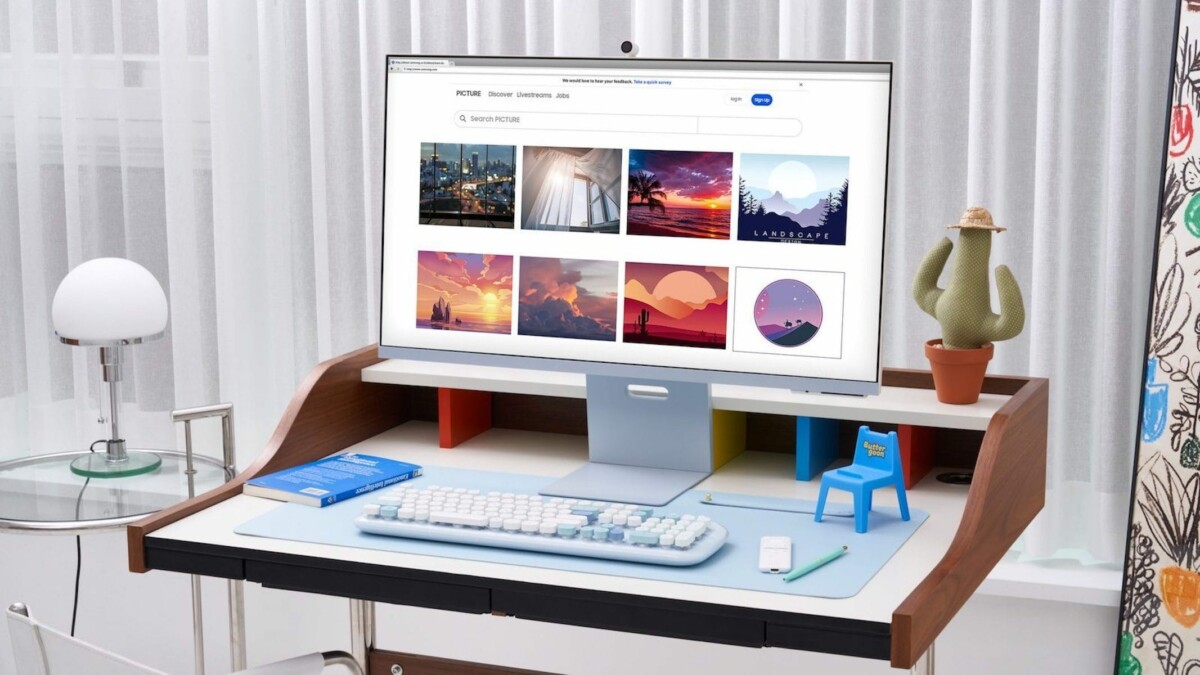Choosing the right suppliers is one of the most important decisions for large retail buyers. A good supplier can ensure that products arrive on time, meet quality standards, and support the smooth running of a business. On the other hand, a poor supplier can lead to delays, customer complaints, and even financial losses.
For big retailers, the supplier relationship is not just about buying goods; it is about building trust and creating a reliable supply chain. Understanding how to select the right suppliers can make a major difference in business success.
Check the Supplier’s Reliability
The first step for large retail buyers is to look for suppliers who are dependable. Reliable Suppliers for large retail buyers deliver orders on time and consistently maintain product quality. For big retail operations, even a small delay can affect store shelves and upset customers.
Retailers should ask for references, check the supplier’s delivery history, and review their performance with other clients. A supplier with a proven record of meeting deadlines and solving problems quickly will help the business run smoothly.
Evaluate Product Quality and Standards
Product quality plays a big role in retail success. A large retailer cannot risk selling items that are defective or below standard. Buyers should request product samples before signing any contract. They should also check if the supplier follows proper manufacturing standards and quality control procedures.
Visiting the supplier’s facility or hiring an independent inspection service can provide extra assurance. When the products meet the promised quality, it builds customer trust and protects the retailer’s reputation.
Consider the Supplier’s Capacity
Big retail chains require large quantities of goods, sometimes across multiple locations. A supplier must be capable of handling bulk orders without compromising quality or delivery time. Retail buyers should ask about production capacity, storage facilities, and the ability to handle seasonal spikes in demand.
A supplier who can scale operations to meet growing needs ensures that stores always have enough stock to serve customers.
Look at Pricing and Payment Terms
Price is important, but it is not the only factor. Large retailers need suppliers who offer fair and competitive prices along with flexible payment terms. Comparing prices from different suppliers helps buyers make informed decisions.
Retailers should also discuss discounts for bulk purchases and check for hidden costs like shipping fees. Reasonable payment schedules and clear pricing help avoid financial pressure and create a stable business relationship.
Build a Long-Term Relationship
A strong supplier relationship is more than a single transaction. Large retail buyers benefit when they work closely with suppliers to plan orders, solve problems, and improve efficiency.
Communicating regularly and sharing sales forecasts allows suppliers to prepare better. A trusted, long-term partnership often leads to priority service, better pricing, and mutual growth.
Conclusion
Selecting the right supplier is a careful process that requires attention to reliability, quality, capacity, pricing, and relationships. Large retail buyers who choose wisely can keep shelves full, maintain customer satisfaction, and strengthen their business.
When suppliers and retailers work together with trust and planning, both sides can enjoy long-term success.




